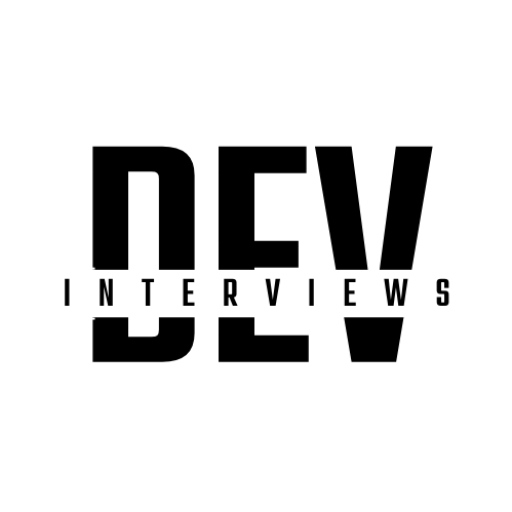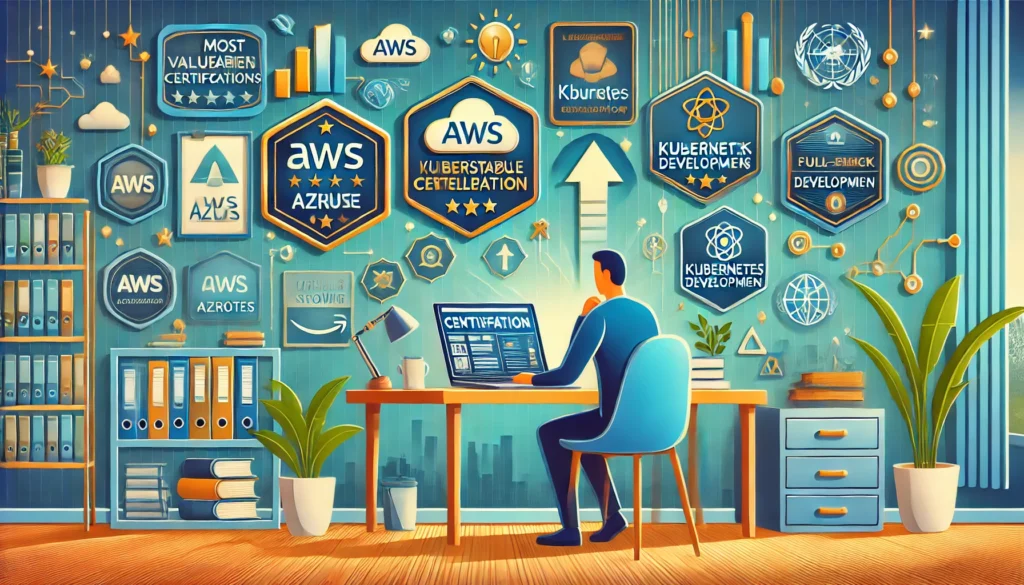Backend development is the backbone of any successful application. As a backend developer, you’re responsible for ensuring that applications run smoothly behind the scenes—handling databases, servers, APIs, and system integrations. However, securing a backend developer role requires more than just technical proficiency; it demands strategic preparation to excel in interviews. In this blog, we’ll share actionable tips to help you stand out in your next backend developer interview.
Category: Career Tips
This article falls under the Career Tips category, offering practical advice on interview preparation to help developers land backend developer roles.
1. Understand the Role and Its Requirements
The first step to acing any interview is understanding the role you’re applying for. Backend developer positions can vary significantly depending on the company, so carefully review the job description to identify the technologies, tools, and frameworks they use. For instance:
- Are they looking for experience with Node.js, Python, or Java?
- Do they require database expertise in PostgreSQL, MongoDB, or MySQL?
- What kind of cloud infrastructure (e.g., AWS, Azure, or Google Cloud) do they expect you to work with?
Tailor your preparation to align with the job requirements, and be ready to highlight relevant skills in your responses.
2. Master the Fundamentals of Data Structures and Algorithms
Backend interviews often test your ability to solve problems efficiently, which means data structures and algorithms are critical areas of focus. Make sure you’re comfortable with:
- Common data structures like arrays, linked lists, hashmaps, stacks, and queues.
- Algorithms for sorting, searching, and recursion.
- Time and space complexity analysis.
Practice solving coding problems on platforms like LeetCode, HackerRank, or Codeforces. Don’t just focus on solving problems but also explain your thought process clearly—this will help you shine during live coding sessions.
3. Deep Dive into System Design
Many backend developer interviews include a system design component. You might be asked to design scalable systems like a URL shortener, a chat application, or a file storage system. To prepare:
- Learn the basics of system design, including load balancing, caching, sharding, and database indexing.
- Understand concepts like microservices architecture and RESTful API design.
- Be ready to sketch out diagrams and explain your architectural decisions.
A great resource for system design prep is the book “Designing Data-Intensive Applications” by Martin Kleppmann.
4. Prepare for Behavioral Questions
Technical prowess alone won’t land you the job; employers also look for strong communication and collaboration skills. Expect behavioral questions such as:
- “Tell me about a challenging project you worked on and how you resolved issues.”
- “How do you handle disagreements in a team setting?”
- “Can you describe a time when you improved a system’s performance?”
Use the STAR method (Situation, Task, Action, Result) to structure your responses and demonstrate how your soft skills complement your technical expertise.
5. Practice Mock Interviews
Mock interviews are a fantastic way to simulate the real interview experience and get constructive feedback. Platforms like Interviewing.io or Pramp connect you with experienced interviewers who can provide valuable insights on your strengths and areas for improvement.
Conclusion
Preparing for a backend developer interview may seem daunting, but with the right strategy and dedication, you can excel. Focus on understanding the role, mastering technical fundamentals, honing your system design skills, and practicing both technical and behavioral questions. Remember, every interview is a learning opportunity, so even if you don’t land the job, you’re building invaluable experience for the future.
Good luck with your next backend developer interview—you’ve got this!



